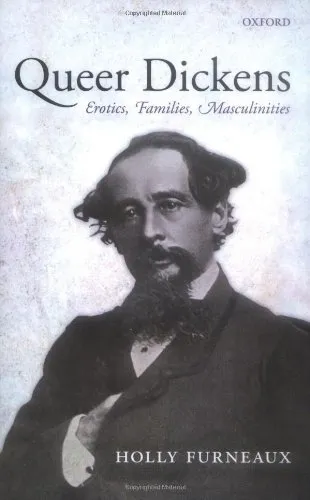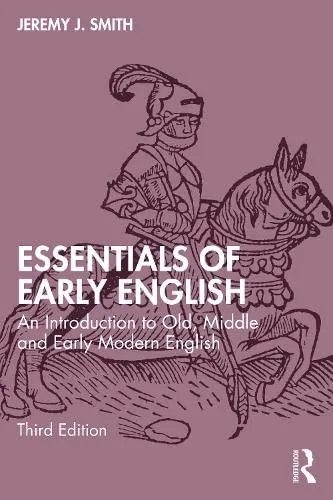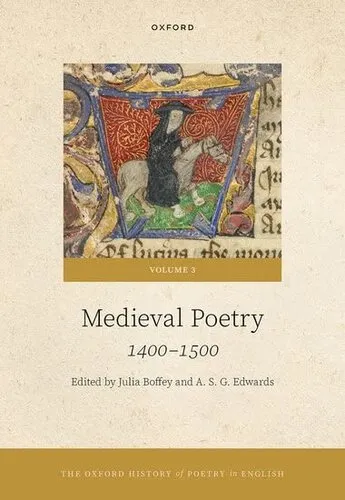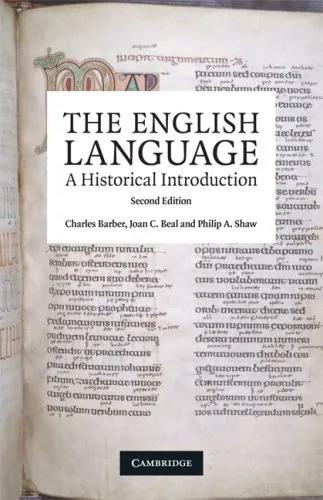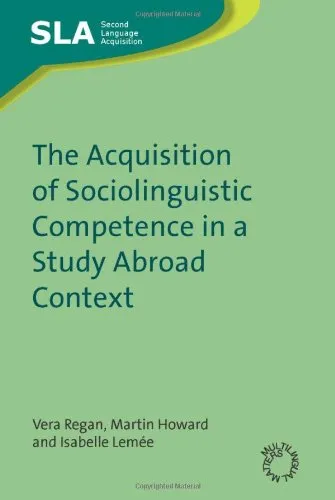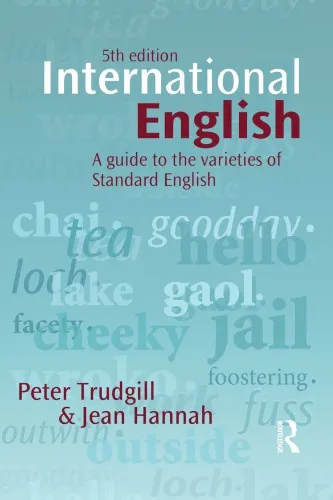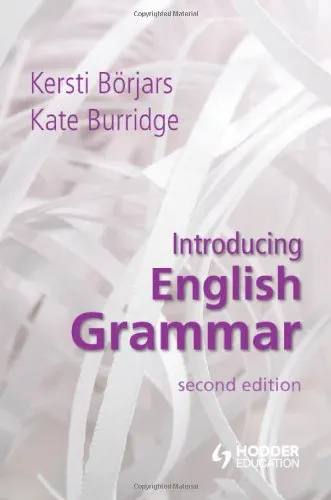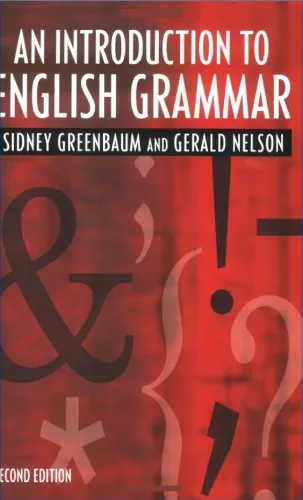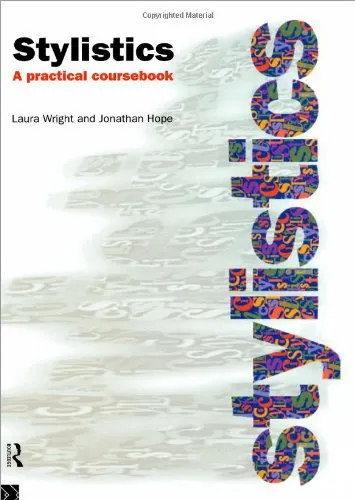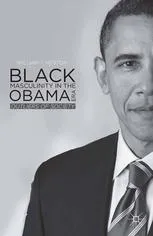Queer Dickens: Erotics, Families, Masculinities
4.5
Reviews from our users

You Can Ask your questions from this book's AI after Login
Each download or ask from book AI costs 2 points. To earn more free points, please visit the Points Guide Page and complete some valuable actions.Related Refrences:
Welcome to the introduction of 'Queer Dickens: Erotics, Families, Masculinities', a significant exploration of Charles Dickens's works through the lens of queer theory. Authored by Holly Furneaux, this book dives deeply into the often-overlooked areas of sexuality, non-normative relationships, and redefinitions of family in Dickens's literature. By reshaping how we interpret Dickens, Furneaux uncovers the rich ways his texts resist gender binaries and celebrate diverse forms of love and kinship. Join us as we take an engaging journey into how one of the most prolific Victorian authors opens avenues of inquiry into queer identities and relational structures.
Detailed Summary of the Book
'Queer Dickens: Erotics, Families, Masculinities' offers an in-depth reinterpretation of Dickens’s major and minor works, addressing the ways in which his stories challenge conventional understandings of gender, sexuality, and relational dynamics. By juxtaposing traditional Victorian family ideals with alternative, subversive forms of relationship and intimacy, the book asserts that Dickens was far more radical than his reputation might suggest.
Furneaux uncovers previously overlooked homoerotic undertones in Dickens’s male-male friendships, as well as his portrayals of care networks that extend beyond blood relations. In works such as David Copperfield and Bleak House, Dickens weaves narrative threads that depict male intimacy, vulnerability, and tenderness in ways that defy societal norms of Victorian masculinity. Similarly, the book investigates the roles of women in Dickens’s novels, presenting characters who upend notions of heteronormative domesticity.
Through meticulous textual analysis, the book revisits themes of chosen families, cross-dressing, and non-reproductive loves, positioning Dickens as a surprising ally in queer modes of thinking. By addressing topics such as desire, companionship, and gender fluidity, Furneaux suggests that Dickens challenges the hegemonies of his time, creating inclusive spaces for alternate lived experiences.
Key Takeaways
- Charles Dickens’s works contain rich, nuanced portrayals of queer relationships and non-conventional families, expanding beyond traditional Victorian ideals.
- Close male friendships in Dickens's novels often include significant homoerotic undertones, which align with broader queer readings of Victorian literature.
- The author explored how Dickens elevates chosen families, offering a critique of biological determinism and blood-restrictive kinship systems.
- Victorian masculinity, as depicted in Dickens, is more malleable and emotionally complex than stereotypical notions suggest.
- This work bridges the gap between literary scholarship and queer theory, offering an essential critical lens to Dickens’s enduring influence.
Famous Quotes from the Book
"Dickensian relational structures open a door to queerness by destabilizing rigid notions of family, identity, and gender roles."
"Within Dickens’s tender reverence for male friendship lies a challenge to the repressive narratives of Victorian heteropatriarchy."
"Queerness in Dickens is not an addition or imposition, but rather a key feature of his literary DNA."
Why This Book Matters
'Queer Dickens: Erotics, Families, Masculinities' is a groundbreaking contribution to both queer studies and Dickens scholarship. By addressing themes of queerness deeply embedded in the narratives, the book broadens our understanding of Dickens as a progressive and inclusive storyteller. It challenges the common critical assumption of Dickens as simply a purveyor of conservative moral tales and opens the door to interpretations that celebrate fluidity and diversity.
This work matters because it fundamentally shifts the way we engage with canonical literature. It demonstrates that queer theory is not at odds with Victorian-era texts, but rather an essential tool for appreciating their complexities. Furneaux’s contribution is not only an academic achievement but also a cultural intervention, allowing us to see Dickens in a new light—one that resonates with contemporary struggles for inclusivity and broader definitions of identity and family.
For readers, scholars, and students alike, 'Queer Dickens' offers a fresh perspective on one of the most iconic authors of all time, encouraging us to question societal norms and to embrace alternative viewpoints within and beyond literature.
Free Direct Download
You Can Download this book after Login
Accessing books through legal platforms and public libraries not only supports the rights of authors and publishers but also contributes to the sustainability of reading culture. Before downloading, please take a moment to consider these options.
Find this book on other platforms:
WorldCat helps you find books in libraries worldwide.
See ratings, reviews, and discussions on Goodreads.
Find and buy rare or used books on AbeBooks.
1479
بازدید4.5
امتیاز0
نظر98%
رضایتReviews:
4.5
Based on 0 users review
Questions & Answers
Ask questions about this book or help others by answering
No questions yet. Be the first to ask!
